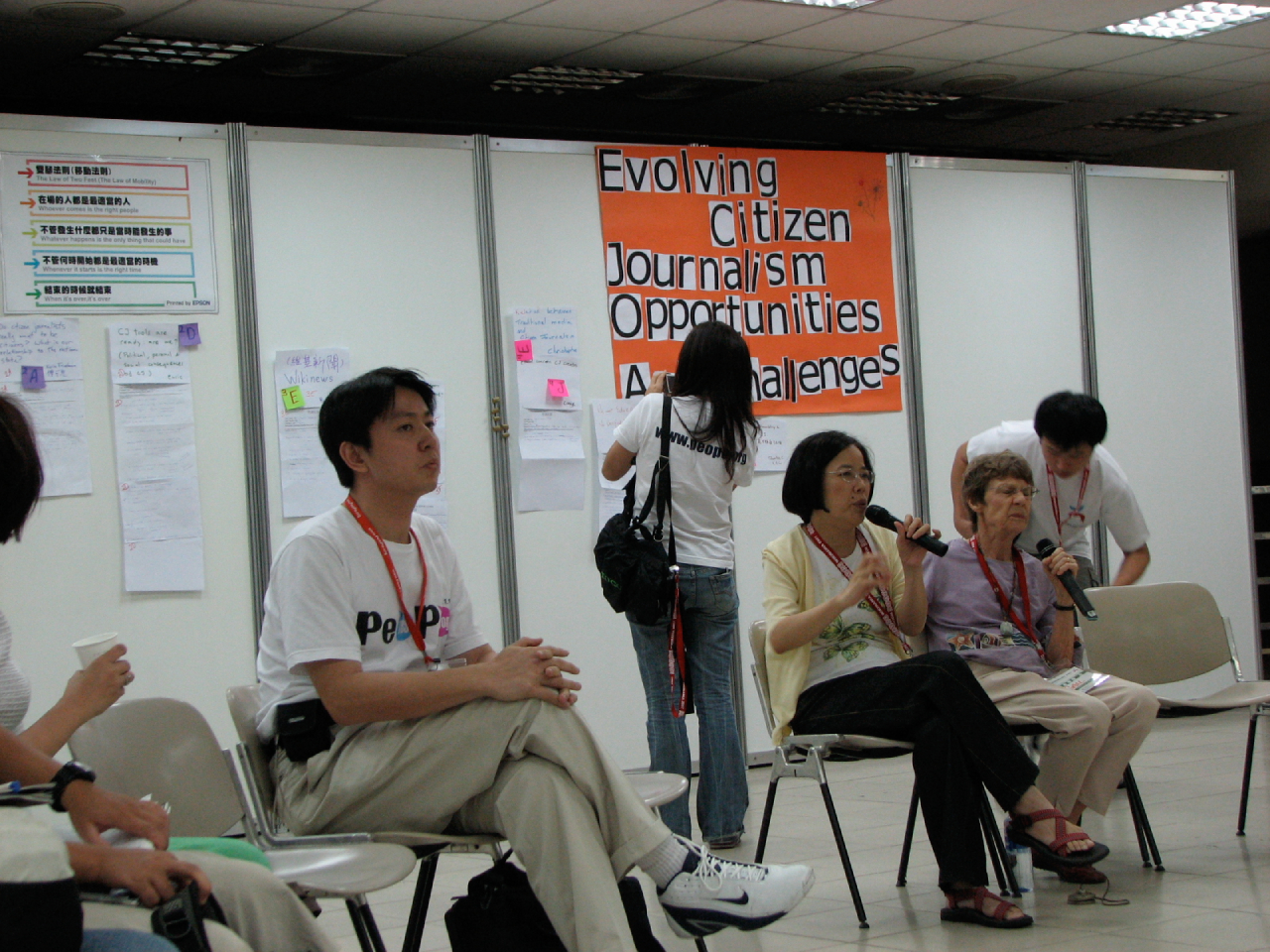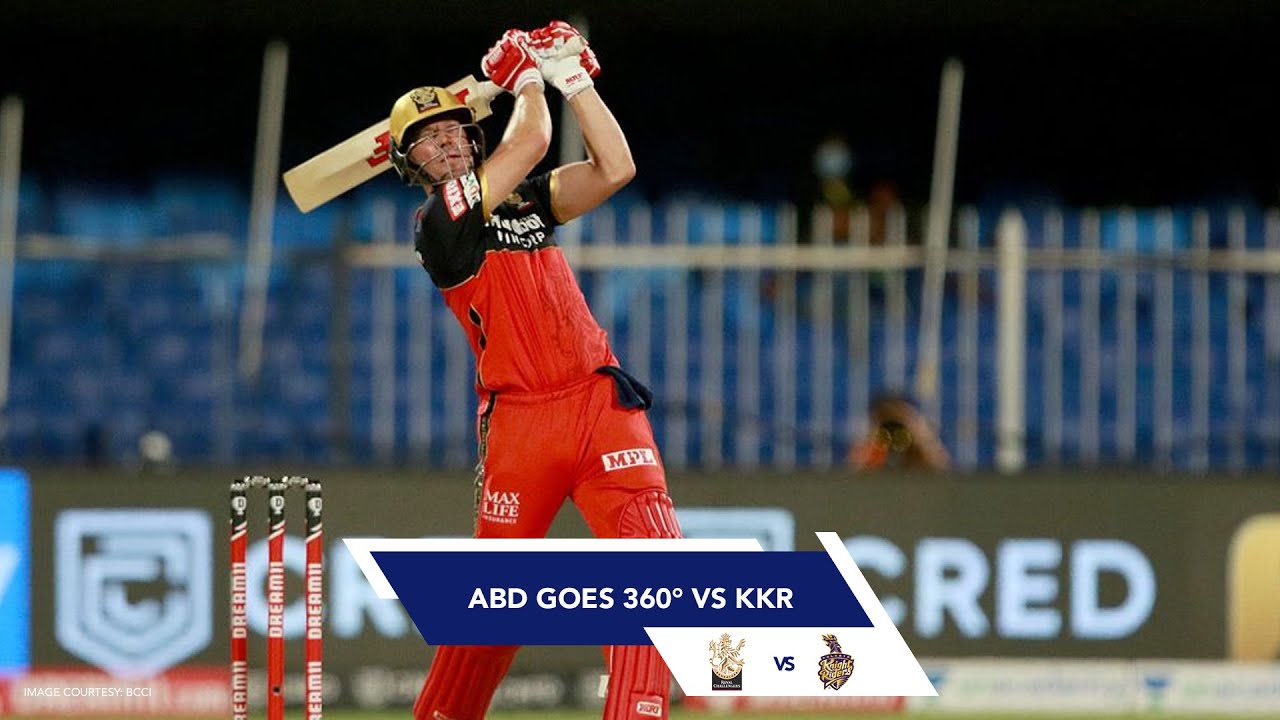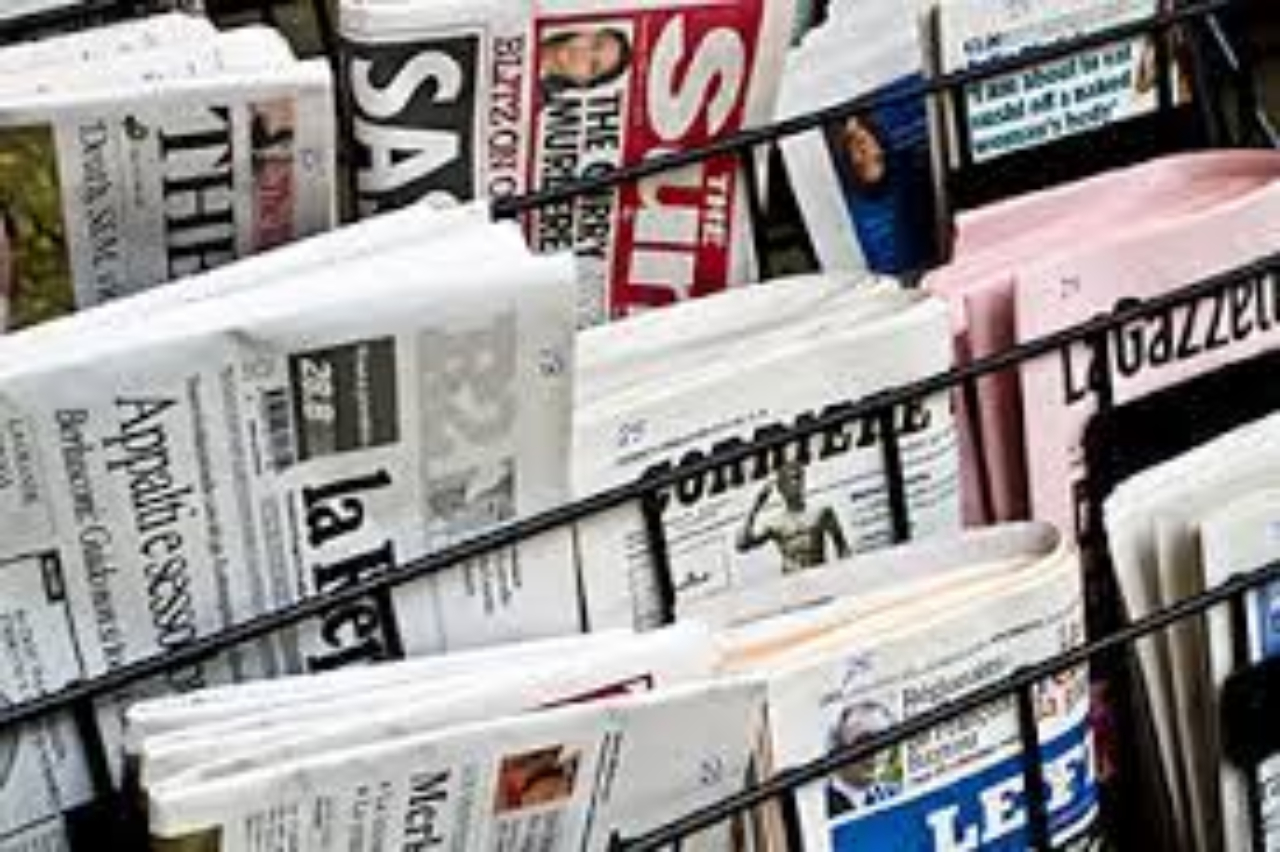In today’s world, where the internet has made access to information more accessible than ever before, people are more concerned than ever about the honesty and accuracy of news media. Many people question whether printed, online, or broadcast media is the most trustworthy. In this article, we will examine the pros and cons of each type of media and try to answer the question: which news media (printed, online, or broadcast) is the most honest?
Introduction
In today’s world, it is essential to stay informed about the news. However, with so many news outlets available, it can be challenging to know which one to trust. While some people believe that printed media is the most reliable, others argue that online or broadcast media is the most accurate. In this article, we will explore each type of media and evaluate its honesty.
Understanding Media Bias
Before we dive into the pros and cons of each type of media, it is essential to understand media bias. Bias can occur in any form of media, and it can take many forms, including political, economic, and cultural. Media bias occurs when a media outlet presents information in a way that favors a particular point of view or agenda.
Pros and Cons of Printed Media
Printed media has been around for centuries and has been the primary source of news for many people. One of the significant advantages of printed media is that it is tangible and can be easily stored and accessed. Printed media has a long tradition of being a reliable source of news and information.
However, one of the disadvantages of printed media is that it can be biased. Many newspapers and magazines have a political affiliation and may present news in a way that favors their agenda. Additionally, printed media has a limited reach and can be costly to produce, making it challenging for smaller outlets to compete.
Pros and Cons of Online Media
Online media has grown rapidly in popularity over the past two decades. Online media has many advantages, including the ability to reach a global audience, the ability to update news in real-time, and the ability to provide multimedia content. Additionally, online media is often more affordable than printed media, making it easier for smaller outlets to compete.
However, one of the major disadvantages of online media is the prevalence of fake news. With the internet’s open nature, anyone can publish anything, regardless of its accuracy. Additionally, online media can be biased, and many outlets are known for their political affiliation.
Pros and Cons of Broadcast Media
Broadcast media, including television and radio, has been a primary source of news for many people for decades. One of the significant advantages of broadcast media is its ability to provide real-time news coverage, making it ideal for breaking news events.
However, one of the major disadvantages of broadcast media is that it can be biased. Many news channels have a political affiliation and may present news in a way that favors their agenda. Additionally, broadcast media can be costly to produce, making it challenging for smaller outlets to compete.
Comparing Media Outlets
To determine which type of media is the most honest, we must examine individual outlets’ honesty. It is essential to remember that bias can occur in any form of media, regardless of its type. It is crucial to evaluate each outlet individually and determine its reliability.
One way to evaluate media outlets’ honesty is to look at their fact-checking and correction policies. A reliable outlet will have a policy in place to correct any errors or inaccuracies in their reporting. Another way to evaluate a media outlet’s honesty is to examine their sources and the quality of their reporting. A reliable outlet will use credible sources and provide in-depth reporting on a story.
It is also essential to consider the outlet’s reputation and track record. A reputable outlet will have a history of accurate reporting and a commitment to journalistic integrity. Additionally, it is important to examine the outlet’s ownership and funding sources, as these factors can influence their reporting.
Conclusion
In conclusion, determining which news media (printed, online, or broadcast) is the most honest is not a straightforward answer. Each type of media has its advantages and disadvantages, and bias can occur in any form of media. The key is to evaluate individual media outlets based on their fact-checking policies, sources, reputation, and track record to determine their reliability.
Ultimately, it is up to the individual reader to decide which news media they trust the most. It is crucial to stay informed and evaluate sources critically to ensure accurate and reliable information.





